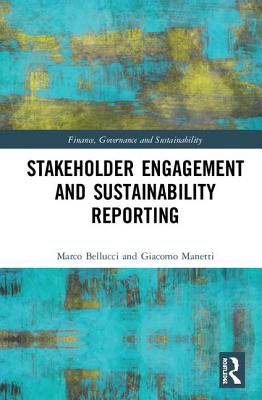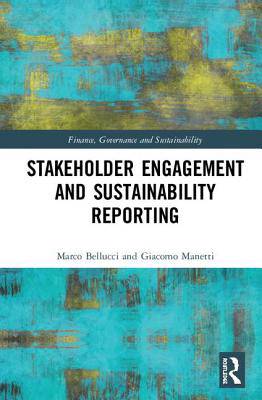
- Afhalen na 1 uur in een winkel met voorraad
- Gratis thuislevering in België vanaf € 30
- Ruim aanbod met 7 miljoen producten
- Afhalen na 1 uur in een winkel met voorraad
- Gratis thuislevering in België vanaf € 30
- Ruim aanbod met 7 miljoen producten
Omschrijving
In a context of growing social and environmental concerns, the role of large enterprises and corporations in encouraging sustainability has drawn increasing attention in recent years. Both academic debates and public-opinion research have called into question the extended responsibilities of firms in our increasingly inter-connected world. By studying issues associated with the greatest challenges mankind is currently facing -- from climate change to social exclusion -- the scientific community is aware of the need to account for the actions and agendas of companies, especially large ones. They are becoming important global political actors with great power, but also unprecedented responsibilities. With this in mind, the authors believe that it is more important than ever that large enterprises, on the one hand, take into account the opinion of their stakeholder while defining their strategies and, on the other hand, disclose material and relevant information on their ability to contribute to sustainability while delivering value for all of their stakeholders. A consensus is being reached on the responsibility of large enterprises to report in a triple bottom perspective -- not only on their financial performances, but also on their social and environmental outcomes. Consequently, it is important to understand what elements organizations need to report on in order to provide stakeholders with relevant and comprehensive sustainability reports. Against this background, this book presents a significant and original contribution, both empirically and theoretically, to the social and environmental accounting literature by studying the various features of stakeholder engagement in sustainability reporting.
Specificaties
Betrokkenen
- Auteur(s):
- Uitgeverij:
Inhoud
- Aantal bladzijden:
- 214
- Taal:
- Engels
- Reeks:
Eigenschappen
- Productcode (EAN):
- 9780815373155
- Verschijningsdatum:
- 1/08/2018
- Uitvoering:
- Hardcover
- Formaat:
- Genaaid
- Afmetingen:
- 155 mm x 239 mm
- Gewicht:
- 385 g

Alleen bij Standaard Boekhandel
Beoordelingen
We publiceren alleen reviews die voldoen aan de voorwaarden voor reviews. Bekijk onze voorwaarden voor reviews.











